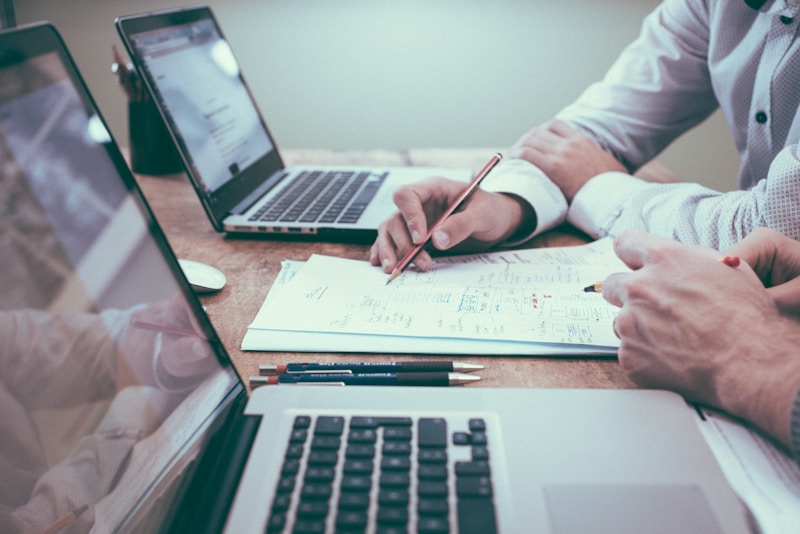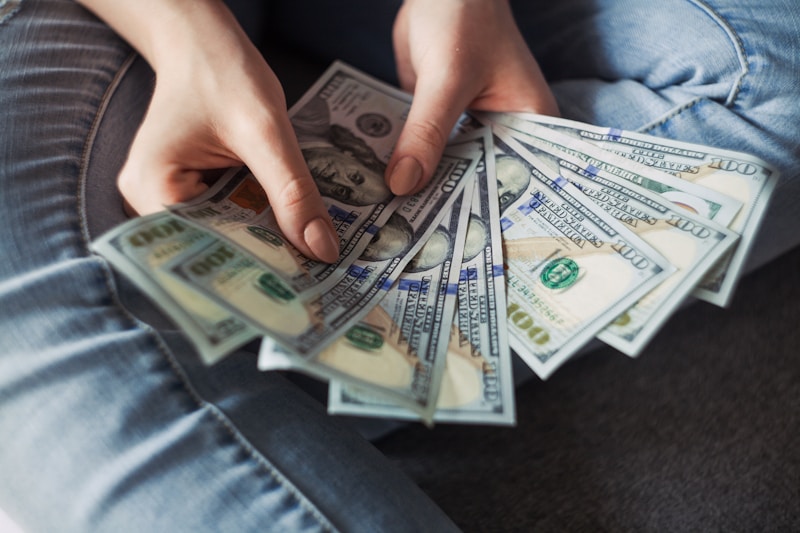
Avoiding Common Pitfalls
The strategic roadmap to build a sustainable affiliate business.
Read More →Practical finance advice and dad life wisdom - served with coffee.

The strategic roadmap to build a sustainable affiliate business.
Read More →
